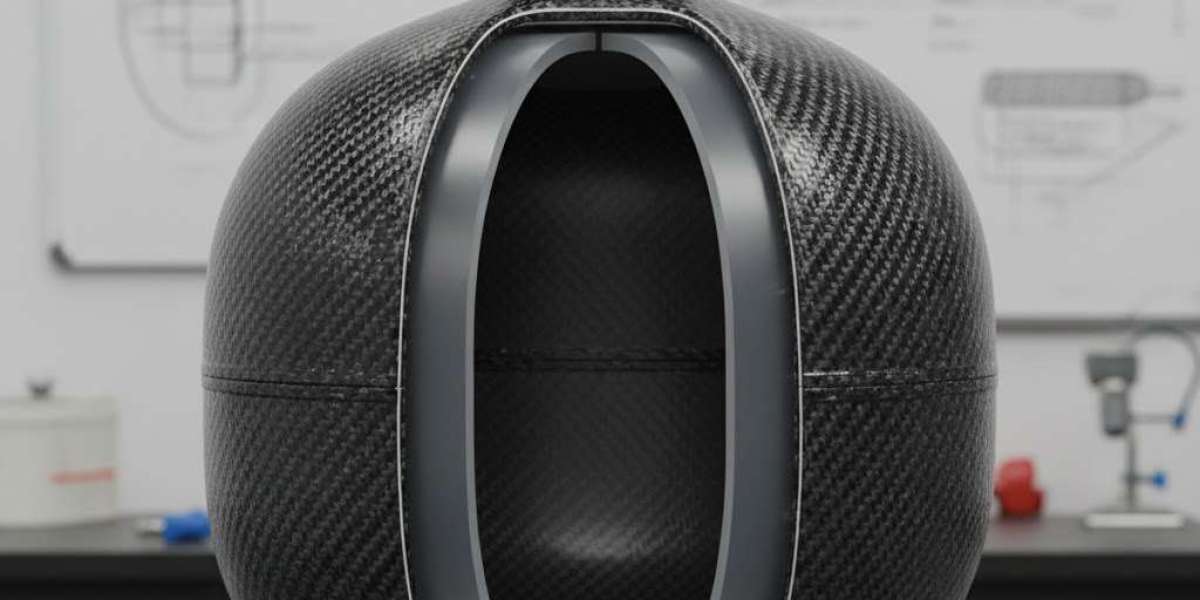Virginia’s rental market offers a wide spectrum of choices—from upscale, amenity-rich apartments in Arlington to affordable homes in smaller towns like Roanoke or Lynchburg. Whether you’re after high-end living or need to stay within a modest budget, understanding the differences between luxury and budget rental listings in Virginia can help you make the right decision for your lifestyle and financial goals.
Here’s a side-by-side comparison to guide your search.
1. Location & Accessibility
Luxury Rentals
Luxury rentals in Virginia are often located in highly desirable areas—think Downtown Richmond, Northern Virginia suburbs near D.C., Virginia Beach oceanfront, or Charlottesville’s historic districts. These areas offer walkability, proximity to high-end dining, business hubs, and cultural attractions.
Budget Rentals
Budget listings are typically found in less dense suburbs, rural communities, or older city neighborhoods. While you may sacrifice walkability or public transportation access, you can often get more space for less money if you're willing to commute.
2. Rent Price Range
Luxury Rentals
Expect to pay $2,500–$5,000+ per month for luxury apartments or condos in areas like Arlington, Alexandria, or Tyson's Corner. These properties usually require a strong credit score and income verification.
Budget Rentals
Budget-friendly rentals in smaller towns or older buildings can range from $700 to $1,500 per month, depending on the region and unit condition. Cities like Petersburg, Hampton, or Staunton offer more affordable housing options.
3. Amenities & Features
Luxury Listings Offer:
Modern kitchens with stainless steel appliances
Hardwood floors, in-unit laundry, walk-in closets
On-site fitness centers, pools, rooftop lounges
24/7 concierge, valet parking, smart home technology
Gated security and package lockers
Budget Listings May Include:
Basic appliances and older cabinetry
Wall-to-wall carpeting or tile floors
Shared laundry or no laundry facilities
Limited or no amenities
Street or lot parking without security
4. Lease Terms & Flexibility
Luxury Rentals
Often come with longer lease terms (12+ months) and stricter policies on pets, guests, and customization. Breaking the lease may include higher penalties, and application fees are usually higher.
Budget Rentals
Tend to offer more flexibility, such as month-to-month leases or shorter-term agreements. They’re often managed by individual landlords rather than large property companies, allowing for more negotiation.
5. Maintenance & Management
Luxury Properties
Managed by professional firms with dedicated maintenance teams and 24/7 repair response. Communication is often handled through apps or portals.
Budget Properties
Maintenance can vary—some are prompt and well-managed, others are slower due to limited resources. Communication might rely on phone calls or direct landlord interaction.
6. Tenant Demographics
Luxury Rentals
Common among professionals, corporate clients, government employees, and affluent retirees. Some communities cater to a more exclusive lifestyle.
Budget Rentals
Appeal to students, first-time renters, small families, and individuals looking to save on housing while living within commuting distance of major hubs.
7. Investment Value (For Landlords)
If you’re on the owner side of the equation:
Luxury rentals tend to have higher ROI but also higher turnover costs, vacancy risk, and maintenance expectations.
Budget rentals have lower profit margins, but the demand is often more stable, especially during economic downturns.
Final Thoughts
Both luxury and budget rental listings in Virginia come with unique benefits and trade-offs. The right choice depends on your financial situation, lifestyle preferences, and long-term goals.
If you're looking for high-end comfort, top-tier services, and a prime location, a luxury rental might be worth the price. If you're prioritizing savings, flexibility, and practicality, a budget rental could be the perfect fit—especially if you’re open to exploring Virginia’s less-publicized but equally livable towns.














